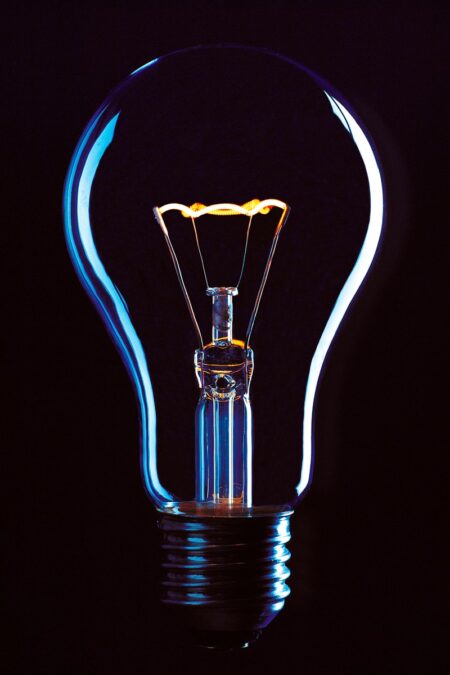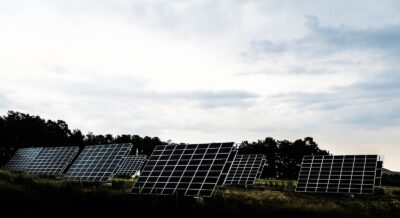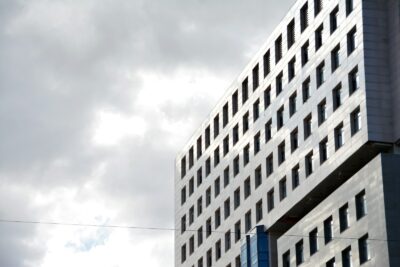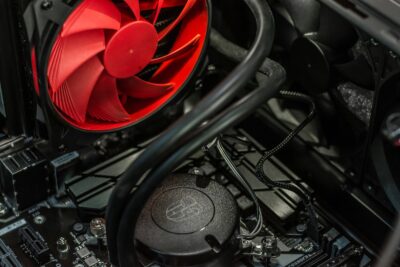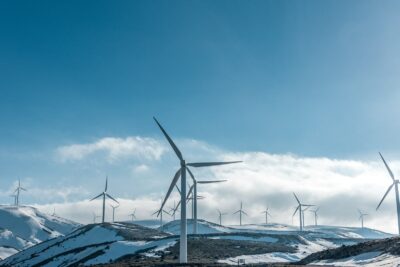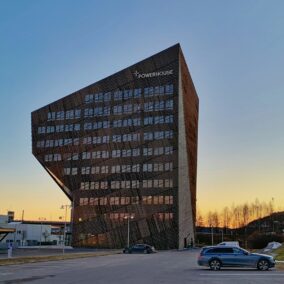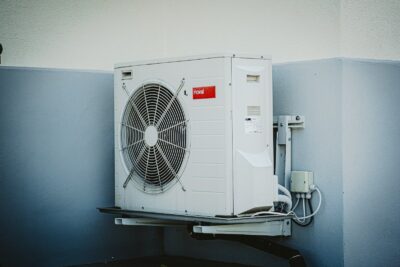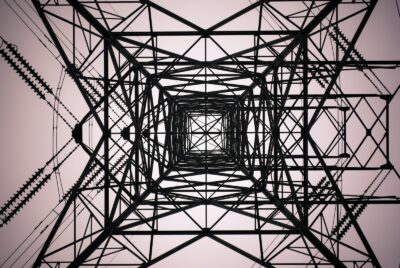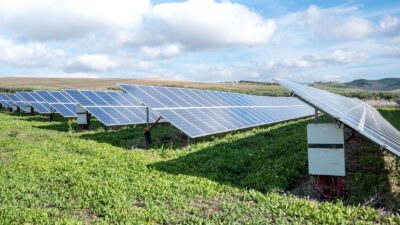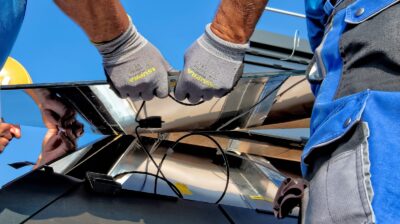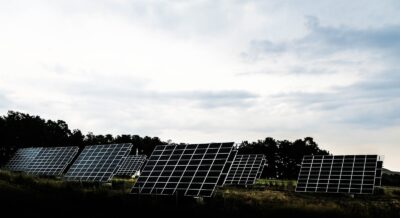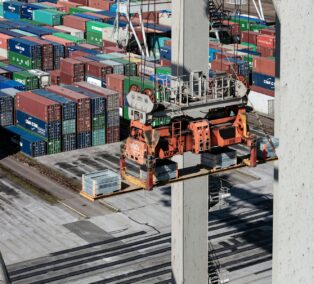Transforming Household Energy Use with Energy-Efficient Appliances
Introduction to Energy-Efficient Appliances
The development of energy-efficient appliances is revolutionizing the way households manage their energy consumption. These appliances are designed to perform the same tasks as conventional ones but use significantly less energy. This innovation is crucial for promoting sustainable living and reducing the environmental impact of daily activities. As the world faces increasing energy demands, energy-efficient appliances offer a practical solution to decrease household energy consumption.
In regions like Saudi Arabia and the UAE, where temperatures can soar, the adoption of energy-efficient appliances is particularly impactful. These countries are at the forefront of integrating smart home technology to enhance energy conservation efforts. For instance, air conditioning units and refrigerators that consume less electricity can significantly lower energy bills and reduce strain on the power grid during peak times.
Riyadh and Dubai are leading the charge in promoting energy efficiency through various initiatives and policies that encourage the use of green technology. By adopting energy-efficient appliances, residents in these cities can contribute to the broader goals of environmental sustainability and economic efficiency, aligning with national visions for a greener future.
Advantages of Energy-Efficient Appliances
Energy-efficient appliances offer numerous benefits beyond just reducing household energy consumption. One of the most significant advantages is the cost savings on utility bills. Appliances that use less energy result in lower electricity bills, providing financial relief to households over time. This economic benefit is particularly relevant in Saudi Arabia and the UAE, where high temperatures often lead to increased use of cooling systems.
Another key advantage is the positive environmental impact. By consuming less energy, these appliances help reduce greenhouse gas emissions, contributing to the fight against climate change. This aligns with global efforts to transition to more sustainable energy sources and reduce carbon footprints. In addition, many energy-efficient appliances are designed to last longer, reducing the need for frequent replacements and thereby decreasing the amount of waste generated.
Energy-efficient appliances also enhance the quality of life for residents. Advanced technologies, such as smart thermostats and automated lighting systems, offer greater control over home environments, improving comfort and convenience. In cities like Riyadh and Dubai, where smart city initiatives are being actively pursued, the integration of these appliances is a natural progression towards more intelligent and sustainable urban living.
Challenges and Solutions in Implementing Energy-Efficient Appliances
Despite the clear benefits, there are challenges associated with the widespread adoption of energy-efficient appliances. One of the primary obstacles is the higher initial cost. Energy-efficient models tend to be more expensive upfront compared to their conventional counterparts. However, this cost can be offset by long-term savings on energy bills and potential government incentives or rebates.
Another challenge is the lack of awareness and understanding among consumers about the benefits of energy-efficient appliances. Educating the public through awareness campaigns and providing clear information about energy ratings and performance can help overcome this barrier. Governments and organizations in Saudi Arabia and the UAE are increasingly focusing on such educational initiatives to promote the adoption of energy-efficient technologies.
Technical challenges, such as compatibility with existing home infrastructure and the need for skilled technicians for installation and maintenance, also need to be addressed. Collaborative efforts between manufacturers, retailers, and service providers can ensure that consumers have access to the necessary resources and support to transition smoothly to energy-efficient appliances. In regions like Riyadh and Dubai, where infrastructure is rapidly evolving, these collaborative efforts are particularly crucial.
Economic and Environmental Impact of Energy-Efficient Appliances
Boosting Economic Efficiency through Energy Conservation
The economic impact of energy-efficient appliances extends beyond individual households to broader economic efficiency. Reduced energy consumption leads to decreased demand for electricity, which can help stabilize energy prices and reduce the need for expensive infrastructure investments in power generation and distribution. This is particularly beneficial for countries like Saudi Arabia and the UAE, where energy demand is growing rapidly.
Investments in energy-efficient technologies also stimulate economic growth by creating jobs in manufacturing, installation, and maintenance sectors. In cities like Riyadh and Dubai, this can lead to the development of a skilled workforce and foster innovation in the green technology sector. Additionally, businesses that adopt energy-efficient practices can enhance their competitiveness by reducing operational costs and meeting increasing consumer demand for sustainable products.
Energy-efficient appliances also contribute to the resilience of energy systems. By lowering overall energy consumption, these appliances can reduce the risk of power outages and improve the reliability of energy supply, which is crucial for maintaining economic stability and growth in fast-developing regions like the Middle East.
Environmental Benefits and Sustainability Goals
The environmental benefits of energy-efficient appliances are substantial, making them a key component of sustainability strategies. By using less energy, these appliances help decrease the reliance on fossil fuels, thereby reducing greenhouse gas emissions and air pollution. This is essential for countries like Saudi Arabia and the UAE, which are committed to environmental sustainability and are investing heavily in renewable energy sources.
Energy-efficient appliances also contribute to the conservation of natural resources. For example, water-efficient washing machines and dishwashers help reduce water consumption, which is particularly important in arid regions like the Middle East. This aligns with broader environmental conservation efforts and supports the sustainable management of limited water resources.
Furthermore, the adoption of energy-efficient appliances can drive technological innovation and development of new, more sustainable materials and designs. This can lead to a positive feedback loop, where advancements in technology further enhance the efficiency and environmental benefits of future appliances. For Saudi Arabia and the UAE, positioning themselves as leaders in green technology can enhance their global standing and contribute to international sustainability goals.
Conclusion: The Future of Energy Efficiency
In conclusion, the adoption of energy-efficient appliances represents a significant step towards reducing household energy consumption and promoting sustainable living. For regions like Saudi Arabia and the UAE, these innovations offer a practical solution to the challenges of high energy demand and environmental sustainability. By embracing energy-efficient technologies, these countries can achieve substantial economic and environmental benefits, aligning with their long-term visions for a sustainable future.
The transition to energy-efficient appliances is not without its challenges, but with the right policies, incentives, and public awareness efforts, these obstacles can be overcome. The benefits far outweigh the initial costs, providing long-term savings and contributing to the overall well-being of society. As Riyadh and Dubai continue to lead in smart city initiatives, the integration of energy-efficient appliances will play a crucial role in shaping the future of urban living.
Ultimately, the move towards energy-efficient appliances is a testament to the power of innovation and collaboration in addressing global challenges. By continuing to invest in and promote these technologies, Saudi Arabia and the UAE can set a benchmark for other nations to follow, demonstrating the immense potential of sustainable living and energy conservation.
—
#energyefficientappliances #sustainableliving #smarttechnology #SaudiArabia #UAE #greenenergy #energyconservation #environmentalsustainability #Riyadh #Dubai

